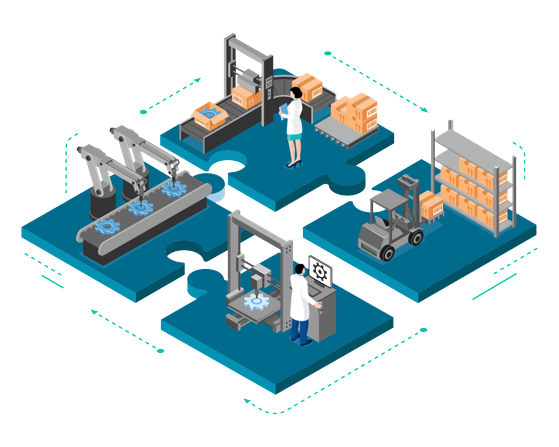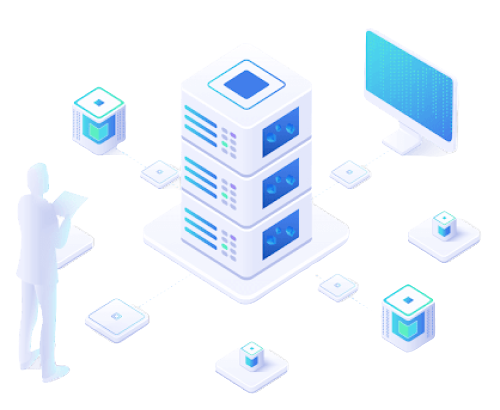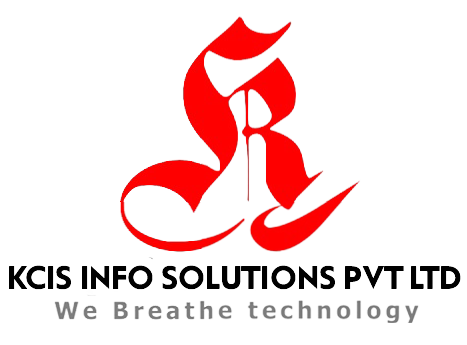Industrial ERP

Industrial ERP, or Enterprise Resource Planning, refers to specialized software systems designed to help manage and streamline the operations of industrial or manufacturing companies. ERP software integrates various aspects of a business, such as production, inventory management, supply chain, human resources, finance, and more, into a single unified system. This integration allows for better coordination and data sharing across different departments and processes, leading to increased efficiency and productivity.
Here are some key features and benefits of industrial ERP systems:
Inventory Management: Industrial ERP systems help companies track inventory levels in real-time, optimize stock levels, and reduce carrying costs. This ensures that materials are available when needed for production without overstocking.
Production Planning and Scheduling: These systems assist in creating production schedules, allocating resources, and optimizing production processes. This helps manufacturers meet customer demands efficiently.
Integration: Industrial ERP systems can integrate with other software and hardware solutions, such as IoT devices, to enhance data collection and automation.
Common industrial ERP software providers include SAP, Oracle, Microsoft Dynamics, Infor, and Epicor, among others. Selecting the right ERP system for an industrial business requires careful consideration of the company's specific needs, industry requirements, and budget constraints. Implementation can be a complex process, involving customization, data migration, and employee training, but the potential benefits in terms of increased efficiency, cost reduction, and improved decision-making can be significant.

Production Planning and Scheduling: These systems assist in creating production schedules, allocating resources, and optimizing production processes. This helps manufacturers meet customer demands efficiently.
Quality Control: Many industrial ERP systems include quality control modules that track product quality throughout the production process, helping to identify and rectify defects early on.
Supply Chain Management: ERP software helps companies manage their entire supply chain, from procurement of raw materials to distribution of finished products. This can lead to cost savings and better supplier relationships.
Financial Management: ERP systems provide tools for managing financial data, including accounting, budgeting, and financial reporting. This helps companies maintain financial transparency and make informed decisions.
Human Resources: ERP systems often include HR modules for managing employee data, payroll, and other HR-related functions.
Data Analytics: With the increasing importance of data-driven decision-making, many industrial ERP systems offer analytics and reporting features to help companies gain insights into their operations.
Compliance and Regulation: ERP systems can assist with tracking and ensuring compliance with industry-specific regulations and standards.
Real-time Information: ERP systems provide real-time data, allowing for quicker responses to changing market conditions and production issues.

